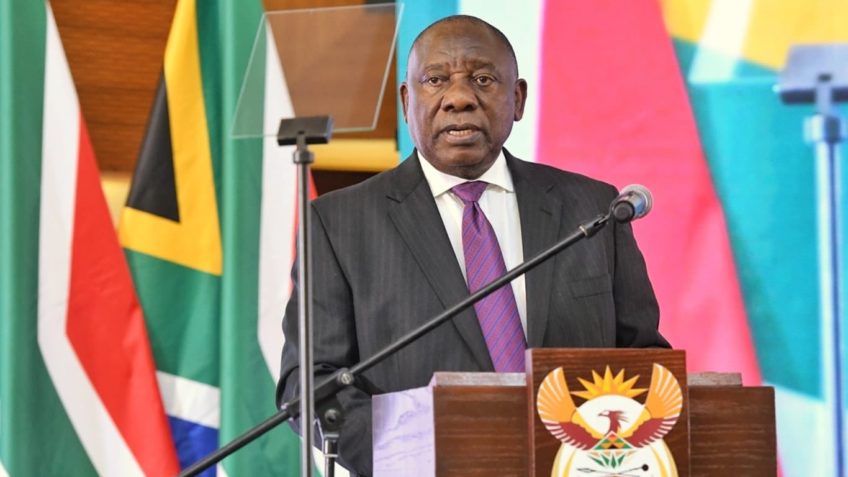
The ANC, which has governed the country since the end of apartheid, will need to seek agreements to elect president
The ANC party (African National Congress) lost its majority in the South African Parliament for the first time since the end of the apartheid regime, which ended 30 years ago. The party that elected Nelson Mandela in 1994 and has dominated the country’s elections since then won 40% of the votes in this election and was unable to form a simple majority. It is the worst result in its history.
South Africans went to the polls on Wednesday (May 29, 2024). As of this Saturday (June 1), more than 99% of the votes had been counted. The official result should be released on Sunday (June 2). Abstention is 41%. In the country, voting is not mandatory.
The center-left party’s main opponent is the centrist DA (Democratic Alliance). He received 21.8% of the votes. The left-wing parties, MK (Lança da Nação) and EFF (Economic Freedom Fighters), had, respectively, 14.6% and 9.5%.
The right is less expressive in South Africa. The lowest percentages come from the acronyms IFP (Inkatha Freedom Party), 3.9%, and PA (Patriotic Alliance), 2.1%, more aligned with social conservatism. Another profusion of parties (46) concentrated the remaining votes. The investigation is carried out by the South African Electoral Commission.
DEFEAT OF THE ANC
The party has elected all 5 South African presidents since the end of apartheid. It is the party of the country’s current head of state, Cyril Ramaphosa, in government since 2018. With the results of the elections, the ANC will have to seek, for the first time, agreements with other parties to govern.
In addition to representing a political change in the South African scenario, the numbers have an impact on Ramaphosa’s eventual reappointment –since he is not elected by direct vote, but by Parliament.
In South Africa, the system is semi-parliamentary and the president serves as head of government and state. In practice, he acts both as president and prime minister. Traditionally, he represents the party that has the majority in the Legislature (at least 201 seats out of the total of 400 in the National Assembly).
In this election, the ANC is expected to win around 160 seats and will need to form a coalition to govern, which should dilute its power with the other parties.
The election numbers reflect the party’s drop in popularity. The center-left government is associated with economic problems, corruption, failures in basic government services and high crime rates in the country.
The party’s best result was achieved in 2004, a decade after Mandela’s election, when it reached 69.7% of the vote and won 279 seats. Since then, the numbers have been falling.
- in 2009, the party won 264 seats in the National Assembly, with 65.8% of the votes;
- in 2014, there were 249 seats, with 62.1% of the votes;
- Currently, the party has 230 seats after receiving 57.5% of the votes in the 2019 election.
Source: https://www.poder360.com.br/internacional/partido-de-mandela-perde-maioria-pela-1a-vez-na-africa-do-sul/

